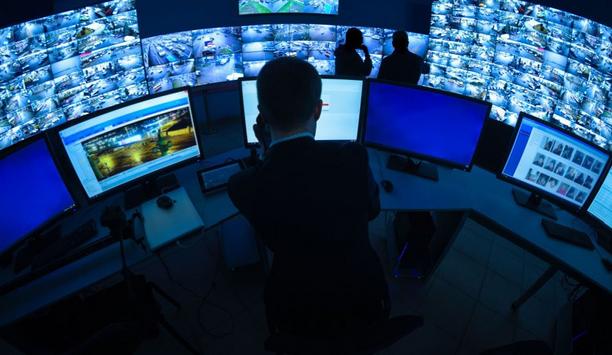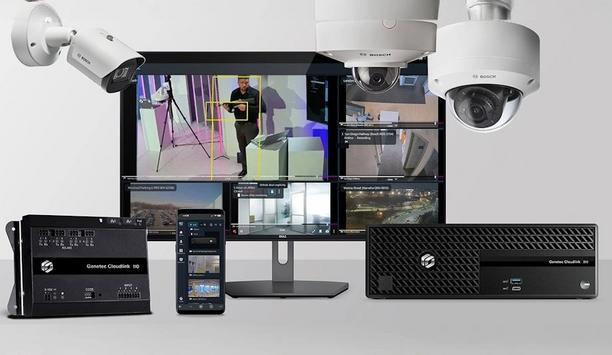Global positioning systems (GPS) have a role to play to combat shoplifting, especially in the fight against the growing trend of large-scale organised retail crime (ORC).
Todd Morris, founder and CEO of BrickHouse Security, recently explained to me how GPS fits into the fight against retail crime. A variety of GPS devices – from small “micro” sensors to plug-in devices for cars to wired devices – can all be tracked using the same cloud-based service, which manages the devices. GPS devices provided by BrickHouse and others can be inserted in retail goods by a drug retailer, department store or even by a pharmaceutical manufacturer. The devices are often inserted into expensive luxury goods. In each case, the industry pays BrickHouse or another supplier for the GPS devices, which allow the goods to be tracked by police.
Many law enforcement organisations have access to the cloud service, which they use for ORC investigations.
“They’re not just trying to thwart the individual shoplifter, but organized crime,” says Morris. “It’s fencing that creates the demand. We help law enforcement officers shut down the fence.”
The platform is designed to promote collaboration between retailers and the police. In each jurisdiction, each GPS tracker is linked to a police investigator who gets an alert of its location.
It’s a good example of the benefits of approaching a problem from multiple angles. While out shopping, we see a lot of investment by retailers in preventing shoplifting – video cameras, inventory sensors, parking lot barriers to prevent smash-and-grabs. If all these measures fail, it’s good to know there’s a chance of solving the crime by following the stolen goods.








